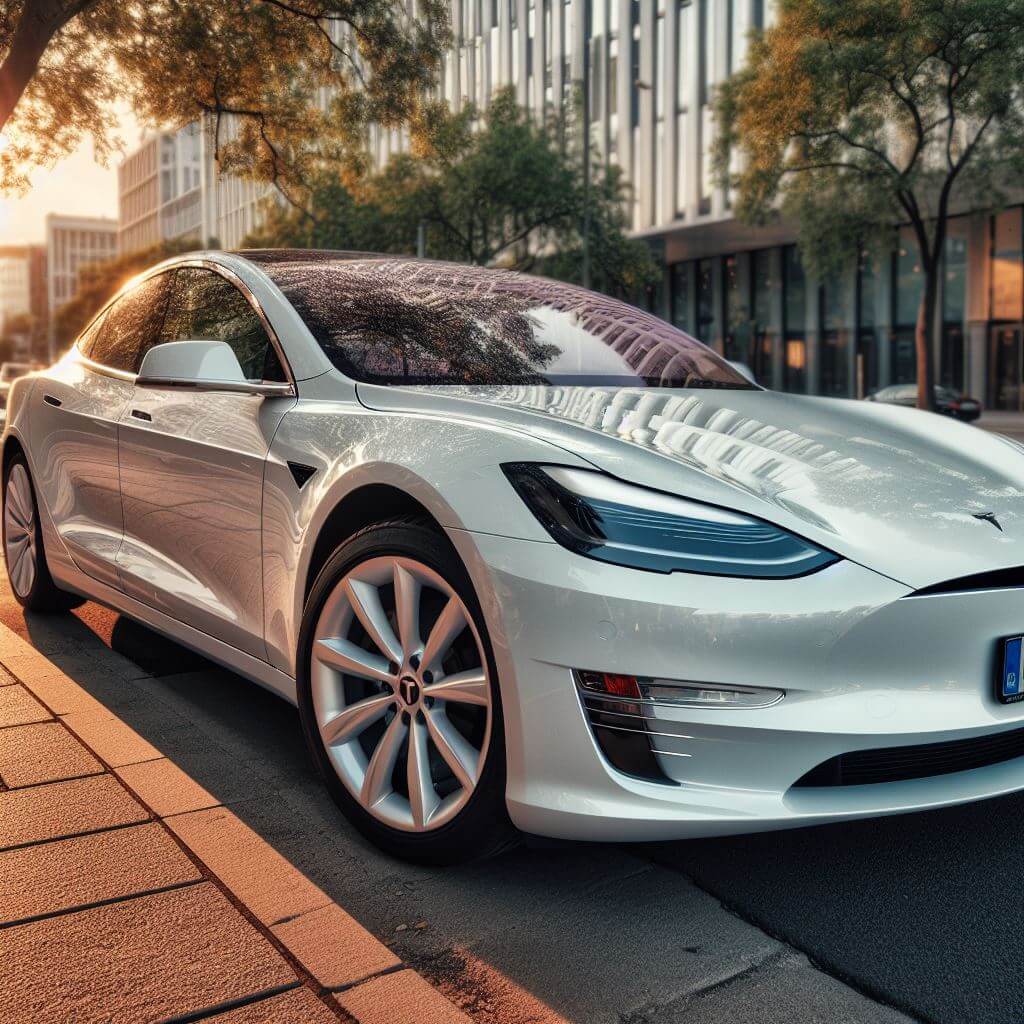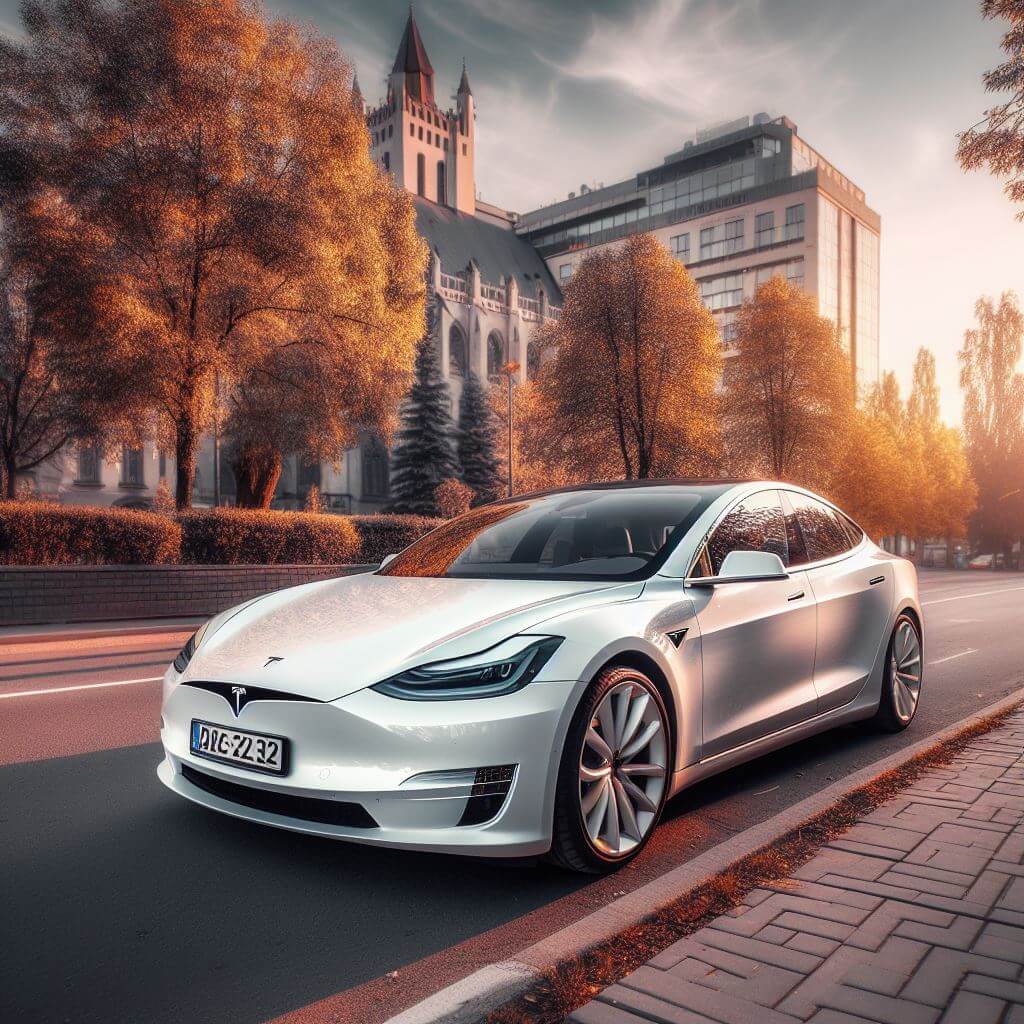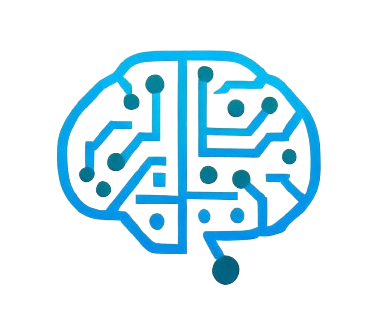Machine learning is transforming the automotive industry, especially in the development of autonomous vehicles. This change is not just altering how we travel but also challenging traditional ideas about driving. Major players in this transformation include Waymo, Tesla, and NVIDIA, each bringing their own insights and technological strength to push the industry forward.
Waymo, a subsidiary of Alphabet Inc., stands out as a pioneer in autonomous driving. Their self-driving cars use a complex system of machine learning algorithms that carefully analyze real-time data from various sensors like LiDAR, radar, and cameras. This blend of sensor data allows Waymo’s vehicles to understand and navigate through complex urban environments with a level of precision and decision-making never seen before in autonomous driving.
 Tesla, led by Elon Musk, takes a unique approach to autonomy with its Autopilot system. This system, a result of continuous innovation, uses machine learning to consistently refine and improve its capabilities. Tesla’s extensive fleet of vehicles acts as a dynamic data source, with each car contributing valuable information about real-world driving situations. Through over-the-air updates, Tesla utilizes this data to enhance the performance of its Autopilot system, showcasing the ongoing improvement of machine learning in boosting autonomous driving capabilities.
Tesla, led by Elon Musk, takes a unique approach to autonomy with its Autopilot system. This system, a result of continuous innovation, uses machine learning to consistently refine and improve its capabilities. Tesla’s extensive fleet of vehicles acts as a dynamic data source, with each car contributing valuable information about real-world driving situations. Through over-the-air updates, Tesla utilizes this data to enhance the performance of its Autopilot system, showcasing the ongoing improvement of machine learning in boosting autonomous driving capabilities.
NVIDIA, a significant player in semiconductors, plays a crucial role in enabling autonomous driving technologies. Their GPUs, designed for running complex machine learning algorithms, form the backbone of many autonomous driving systems. The parallel processing abilities of these GPUs allow vehicles to process large amounts of data in real-time, a necessity for making quick decisions on the road.
Collaborations between automakers and technology companies highlight a shared commitment to advancing autonomous driving. General Motors, partnering with Cruise Automation, a GM subsidiary, actively works on the Cruise Origin, a self-driving, shared electric vehicle. This collaboration emphasizes the potential of autonomous vehicles not only as individual transportation methods but also as integral parts of future mobility services.
The evolution of autonomous vehicles faces challenges. Considerations about ethics, regulatory frameworks, and societal acceptance are critical factors that require careful attention. The continuous progress in the autonomous driving sector, driven by the integration of machine learning, shows a shared commitment to overcoming these challenges. As we witness the rise of autonomous vehicles, it becomes increasingly evident that the fusion of machine learning and automotive technology is not just a technological leap but a transformative move toward a safer, more efficient, and interconnected future of transportation.
Enhancing Vehicle Reliability
Machine learning plays a crucial role in transforming traditional vehicle maintenance practices, introducing an era of predictive maintenance. Companies at the forefront of this shift, such as IBM and Bosch, use machine learning algorithms to go beyond scheduled maintenance, offering a more active and efficient approach to ensure vehicle reliability.
IBM’s Watson IoT platform showcases the potential of predictive maintenance in the automotive sector. By using machine learning, the platform analyzes data generated by connected vehicles, including engine performance, tire health, and fluid levels. The machine learning algorithms sift through this data, identifying patterns and anomalies that might indicate potential issues in various vehicle components. The result is a predictive maintenance model that allows for timely interventions, preventing unexpected breakdowns and reducing overall vehicle downtime.
Bosch, a global technology and engineering leader, has made significant strides in predictive maintenance solutions. Using machine learning to analyze extensive datasets from vehicle sensors, Bosch’s system excels in identifying early signs of wear or potential failures in critical components. This predictive approach empowers vehicle owners and fleet operators to address maintenance needs before they escalate, ultimately enhancing the reliability and longevity of vehicles.
The impact of predictive maintenance extends beyond individual vehicle owners to fleet management. Companies with extensive vehicle fleets, like UPS and FedEx, embrace machine learning-driven solutions to optimize operations. Predictive maintenance not only reduces unplanned maintenance costs but also enhances overall fleet management efficiency by minimizing disruptions and improving resource utilization.
The synergy of machine learning and predictive maintenance represents a shift from the traditional reactive model. Instead of waiting for components to fail or adhering to fixed maintenance schedules, vehicles equipped with predictive maintenance systems proactively signal when attention is needed. This translates not only to cost savings for vehicle owners but also contributes to a more sustainable and eco-friendly approach. Well-maintained vehicles tend to have a longer lifespan, reducing the environmental impact associated with premature vehicle replacements.
Driving Experience with Personalization
Machine learning is shaping the way we experience driving by bringing a new level of personalization to the automotive industry. Companies like Amazon and Alibaba showcase how machine learning can create a customized and user-friendly in-car environment.
 Amazon’s entry into automotive personalization is evident in its Alexa Auto integration. By using natural language processing and machine learning algorithms, Alexa Auto allows drivers to interact with their vehicles using voice commands. Beyond basic voice recognition, Alexa learns from user behavior, adapting its responses and suggestions to individual preferences over time.
Amazon’s entry into automotive personalization is evident in its Alexa Auto integration. By using natural language processing and machine learning algorithms, Alexa Auto allows drivers to interact with their vehicles using voice commands. Beyond basic voice recognition, Alexa learns from user behavior, adapting its responses and suggestions to individual preferences over time.
Another notable collaboration in automotive personalization is between BMW and Alibaba’s AI Labs. Through the integration of Tmall Genie, Alibaba’s AI-powered voice assistant, BMW drivers in China experience a personalized in-car journey. Tmall Genie goes beyond simple commands, understanding natural language and adapting to the unique preferences of each driver. This collaboration highlights the potential of machine learning not only to enhance convenience but also to create a deeper connection between the driver and the vehicle.
As machine learning algorithms become more advanced, the range of personalization within the automotive space expands. Companies are exploring ways to customize everything from driver assistance features to in-car entertainment based on individual preferences. For example, machine learning can analyze driving behavior to optimize adaptive cruise control settings or recommend specific routes based on historical travel patterns.
Machine learning algorithms can extend personalization to infotainment systems, ensuring that music, navigation, and other features are presented in a way that aligns with the driver’s preferences. Integrating personalization into safety features, such as seat and mirror adjustments, further enhances the overall driving experience, making it more comfortable and enjoyable.
